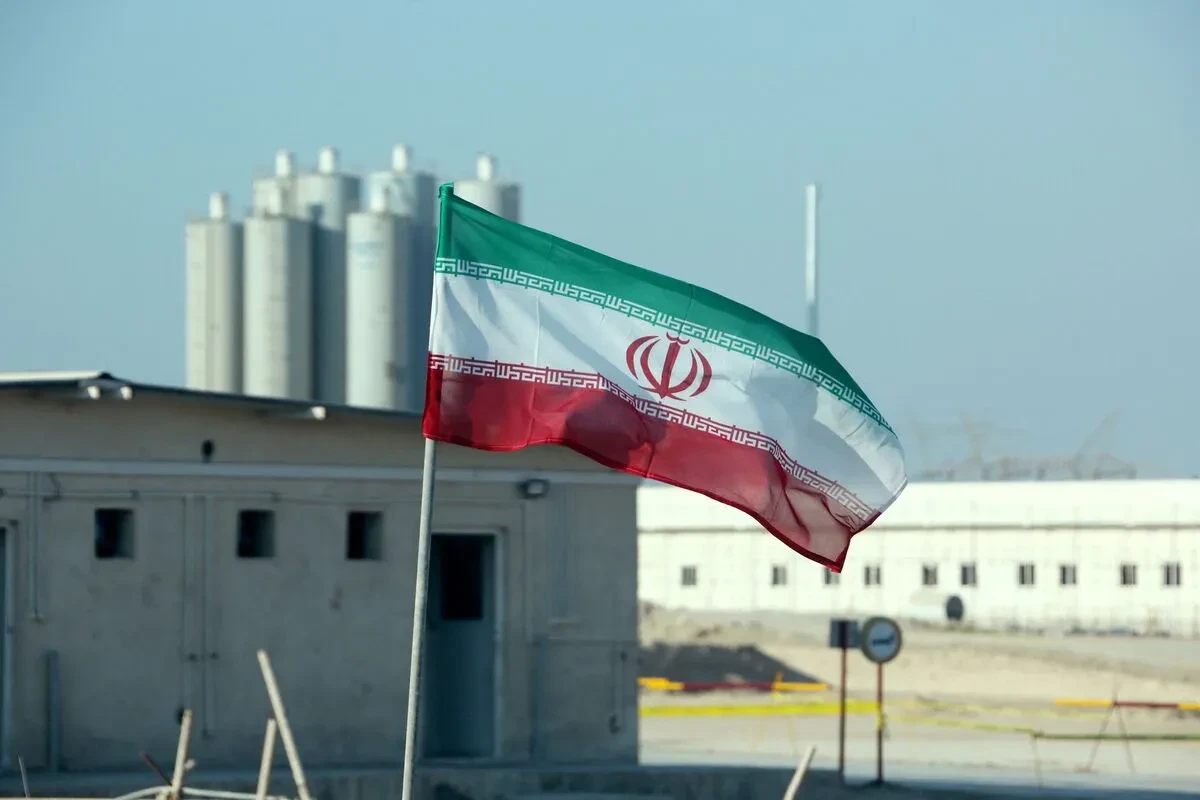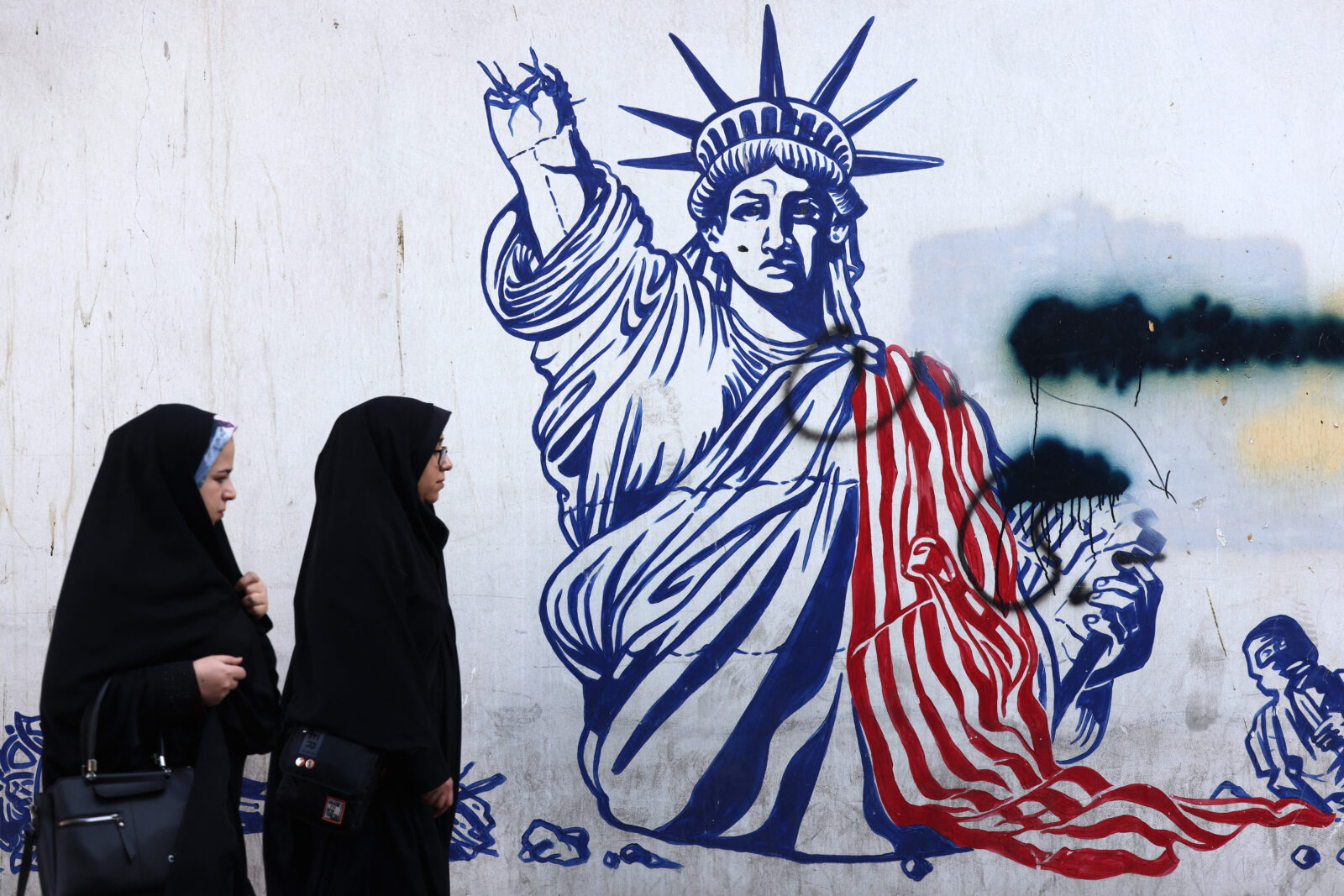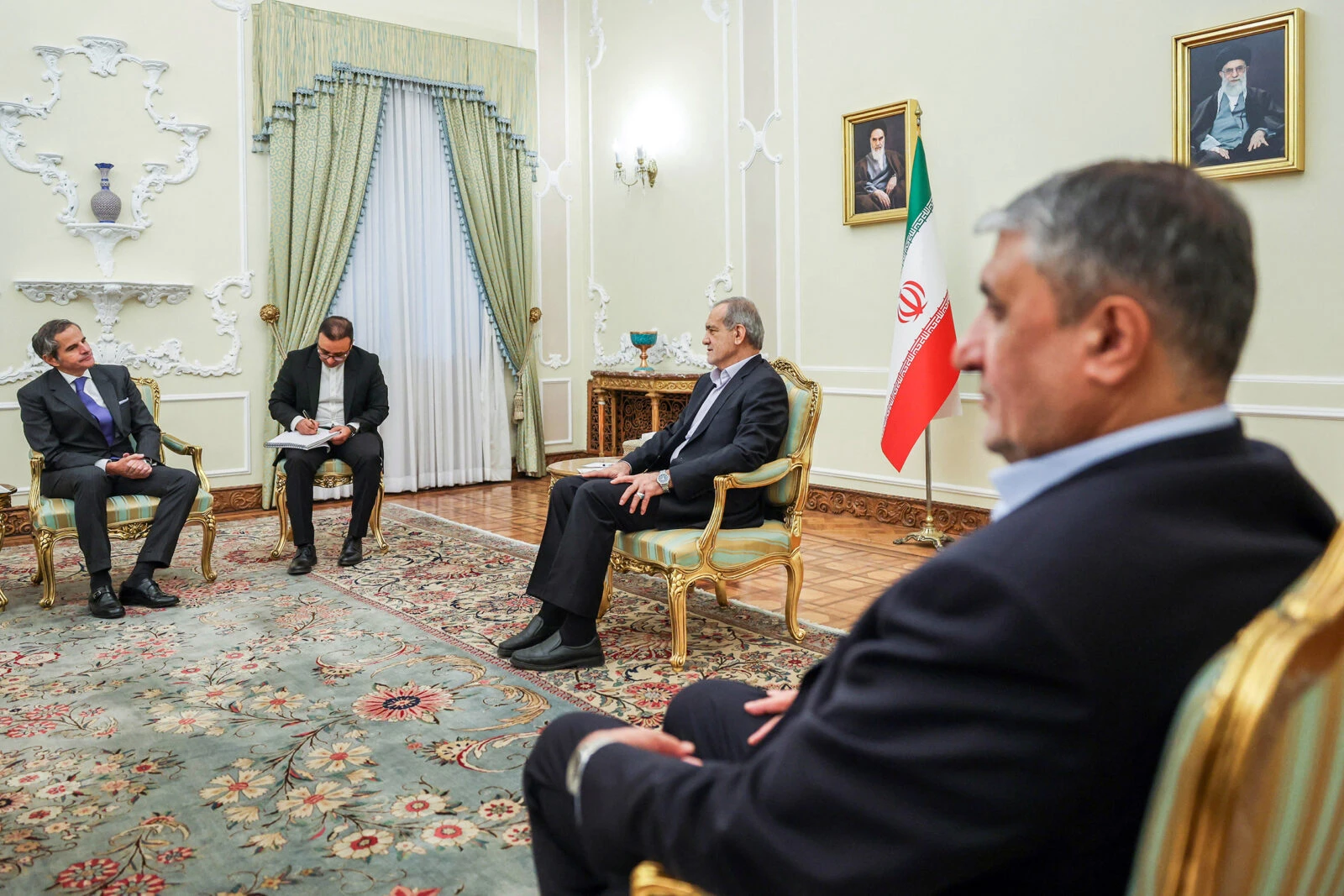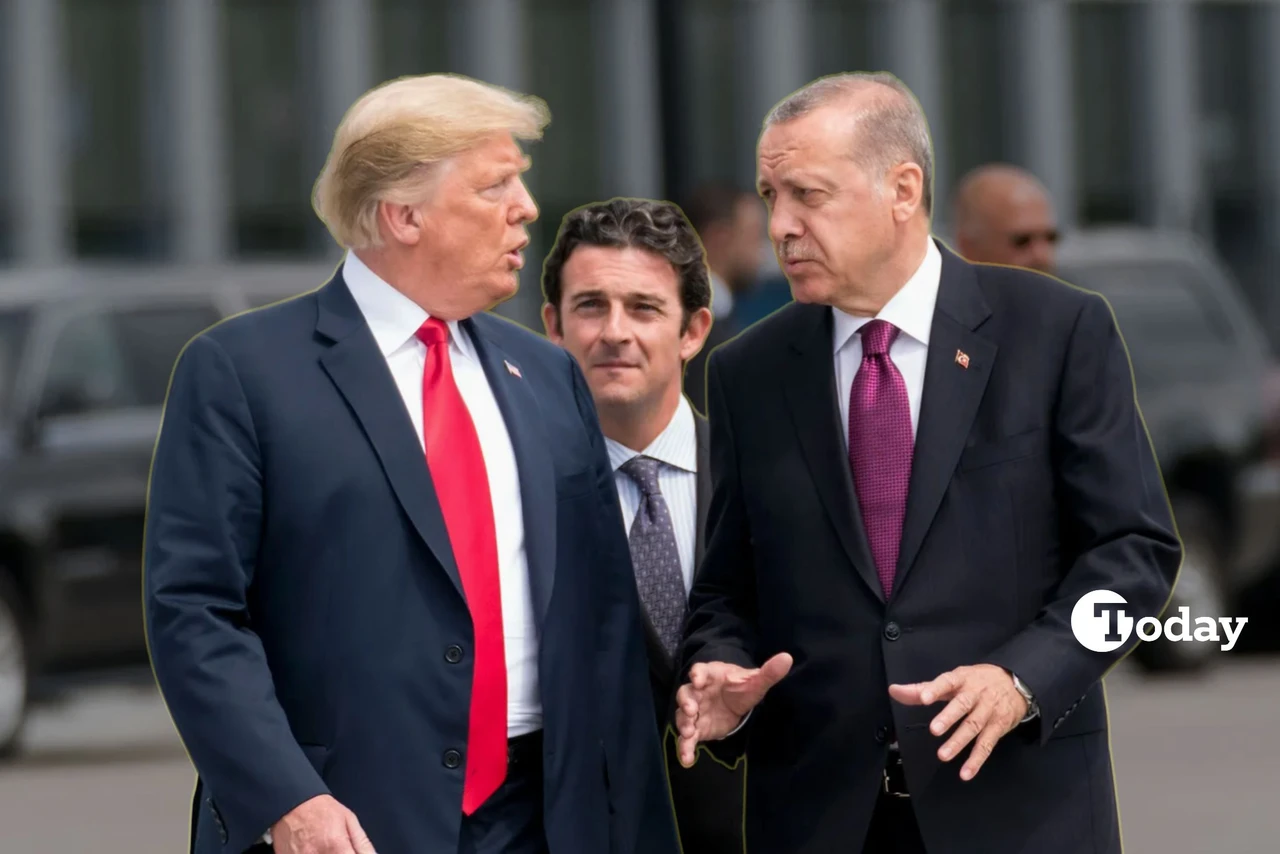Trump calls for ‘verified nuclear peace agreement’ with Iran amid renewed sanctions
 Iranian flag in Iran’s Bushehr nuclear power plant on November 10, 2019. (AFP Photo)
Iranian flag in Iran’s Bushehr nuclear power plant on November 10, 2019. (AFP Photo)
President Donald Trump Wednesday called for a “verified nuclear peace agreement” with Iran, signaling a shift in rhetoric even as he reinstated his “maximum pressure” campaign against Tehran.
In a post on his Truth Social platform, Trump wrote that he wants Iran to be a “great and successful country, but one that cannot have a nuclear weapon.”
He added he would “much prefer a Verified Nuclear Peace Agreement, which will let Iran peacefully grow and prosper.”
His remarks came a day after he signed an order to reintroduce the maximum pressure policy, which had defined his administration’s approach to Iran before he left office in 2021.
The move was announced ahead of Trump’s meeting with Israeli Prime Minister Benjamin Netanyahu, where both leaders reiterated their position that Iran must never acquire nuclear weapons.

Trump also sought to dismiss concerns that Washington was collaborating with Israel for military action against Iran, calling such reports “greatly exaggerated.” Instead, he suggested negotiations should begin immediately, envisioning a “big Middle East celebration” once a deal is reached.
Trump nuclear policies on Iran shift from 2018 stance
Trump’s comments mark a notable contrast with his decision in 2018 to withdraw the United States from the Joint Comprehensive Plan of Action (JCPOA), the 2015 nuclear deal between Iran and major world powers.
Under that agreement, Tehran had accepted restrictions on its nuclear program in exchange for sanctions relief.

Following the U.S. withdrawal, Iran gradually rolled back its commitments to the deal, and subsequent efforts to revive the agreement have repeatedly stalled.
Tehran has maintained that its nuclear program is solely for peaceful purposes, denying allegations that it seeks nuclear weapons.
Iranian Foreign Minister Abbas Araghchi responded to the reinstated sanctions by labeling Trump’s approach a “failed experiment,” arguing that another attempt at maximum pressure “will turn into another failure.”
“If the main issue is that Iran does not pursue nuclear weapons, it is achievable and is not much of a problem,” Araghchi told reporters.
Iran reaffirms non-proliferation nuclear stance
Iran’s nuclear agency chief, Mohammad Eslami, reiterated Tehran’s commitment to the Nuclear Non-Proliferation Treaty, stating that “Iran does not have and will not have a nuclear weapons program.”
Iran’s leadership has long pointed to a religious decree, or fatwa, issued by Supreme Leader Ali Khamenei, which prohibits the country from developing nuclear weapons.
Despite this, tensions over Iran’s nuclear ambitions remain high, particularly amid growing regional instability and increasing pressure from both Washington and Tel Aviv. Whether Trump’s latest remarks signal a new diplomatic approach or remain rhetorical posturing is yet to be seen.



